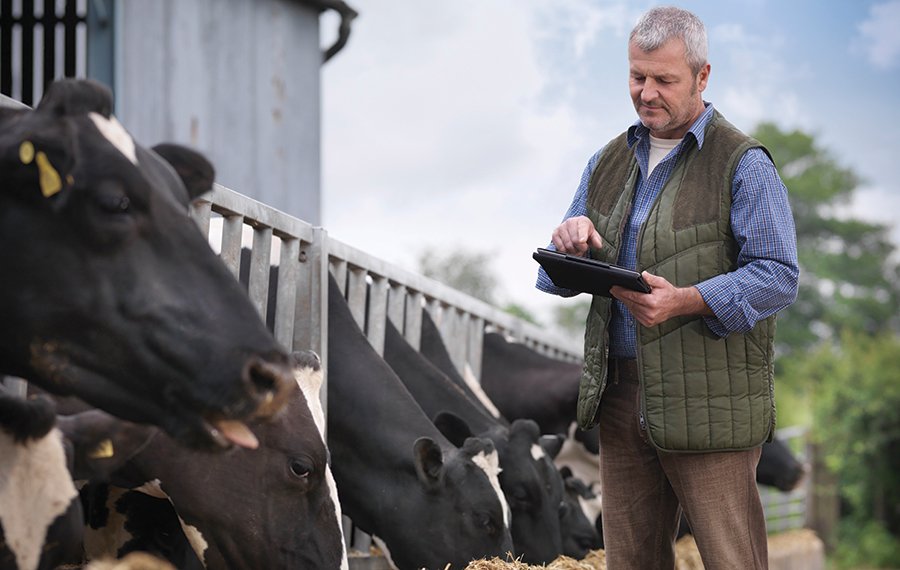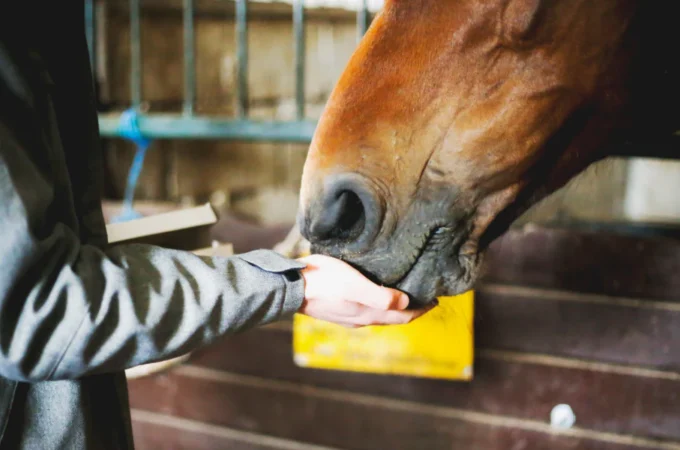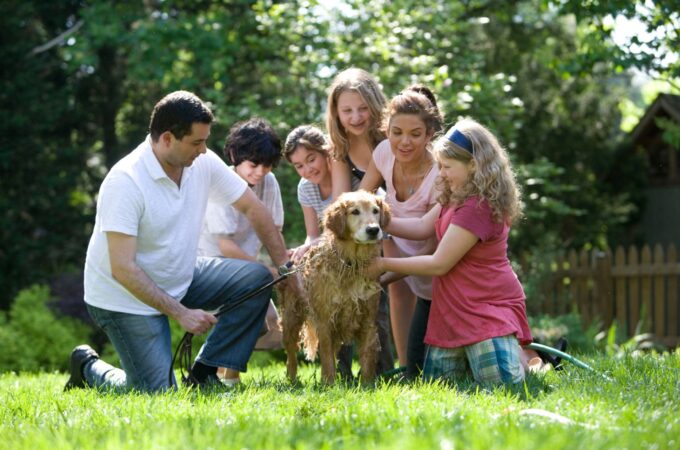
6 Things You Need to Know About Livestock Auctions
If you are ranching or raising livestock for profit, chances are that you are already very aware of the rules of the game for livestock auctions. But if you are just getting into raising livestock, or you are looking to buy cattle to keep as a hobby, or you are just looking to have fun at the auction (something we highly recommend!), here are six things you need to know.
There Are Different Kinds of Auctions
Auction barns hold two main kinds of auctions, regular sales auctions and special sales auctions.
Regular sales auctions are held every week (or every month) on the same day of the week and at the same time. You will typically see a sign that gives the name of the livestock auction with “Auctions every ——” beneath it,
Regular auctions attract all kinds of livestock animals. You may see cattle. Farmers and ranchers may be offering dairy cull cows (note the adjective “cull”), dairy bull calves, dairy replacement cows, finished beef, replacement heifers, or even starter herds.
Regular auctions may also sell goats, sheep, poultry, and rabbits. There is no guarantee that you will find the kind of animal that you are looking for. But because growers bring their livestock to a regular auction to get quick cash, you may get a very good price on your purchase.
Special sales offer high-quality beef and black angus calves for sale. They are a great place to acquire animals from better bloodlines, with superior genetics. This is the best option for getting cattle for your starter herd. You will pay more at a special auction than at a regular auction, but you are more likely to get animals you want.
You aren’t likely to see registered, pure-bred cattle at either a regular auction or a special auction. Auction houses will offer breed-specific animals at auction just a few times a year. The advantage of buying pure-bred cattle at a breed auction is that you don’t have to pay the grower’s asking price to get the breed you want. But the reality of auctions is that other growers may also feel that they “just have to have” a specific animal and bid up the price.
You Need to Know What You Are Looking for Before You Go
If you are just looking for an animal as a kind of exotic pet, you don’t need to do any research before you go to an auction. But if you are looking for livestock to raise for profit, you need to be very clear about what you want to buy before you set foot in the auction house. And you need to be resolved that you will go home without making a purchase before you buy an animal that does not meet your needs.
Here are some general guidelines for choosing breeding animals:
- It is a mistake to try to build a herd by buying cheap animals. You need the best year-old cows you can afford. It’s OK to buy an older bull with in general good health.
- It is always better to buy animals you know. Buying cattle at auction is OK, but buy animals brought to the auction by a rancher whose herd you have seen. A simple drive-by can tell you a lot about the cattle you are buying at auction.
- Plan on using modern breeding tools. You don’t need to buy a bull if you can artificially inseminate your cows.
Have an idea what you will pay before you go. If you live in the USA, check out the USDA’s auction reports to get an idea what other ranchers are paying for cattle around the country. If you live in Canada, take a look at Cattle Range before you go to the sale.

Don’t Buy Any Animal You Aren’t Already Set Up to Keep
Livestock don’t make house pets. Bulls and goats require their own housing and good fences. No matter what kind of animal you buy at the auction, you need to be able to provide its long-term home before you buy it.
If you buy an animal at auction, you need to be ready to take it home the same day you buy it. Some auction barns will hold animals 24 hours for pickup (for an additional fee), but others expect you to take your purchase off their premises as soon as you buy it to make room for other livestock. If you think there is even a possibility that you will want to buy livestock at auction, come to the event with your truck and trailer.
Buy Healthy Cows
Auctions are not a time for sentimentality. Never buy a calf because it looks so weak and helpless. Only buy animals that are vigorous and healthy.
This means no snotty noses, no open sores, no udder irritation, and absolutely no yellow diarrhea (scours). Cows that have been bred should not have any discharge from the vulva. Look at animals before while they are still in their pens. If you don’t have experience buying cattle, go with a friend who does to confirm that any animal you buy is in good health.
Know the Dynamics of the Auction
If you signal the auctioneer while prices are being called, you have to buy the cow.
If you have never been to an auction before, it’s a good idea to take a trial run before you actually buy any livestock. Observe how other attendees behave. Notice the gestures they make just before the auctioneer calls the sale. Limit your hand motions to keep from buying animals.
When you are ready to buy, you need to stop by the office to get a buyer number. The auctioneer will confirm a winning bid with “Sold to (your number).” You need to be ready to pay for your purchase immediately. Auction houses may take checks if they have had a good experience with you for several years, but otherwise be prepared to use checks or cash.
Have Fun!
If you love animals, you can have a great day at the auction. You can go just to socialize with regular attendees. You don’t have to buy anything. Just have a good time no matter whether you go home with an addition to your herd or not.




